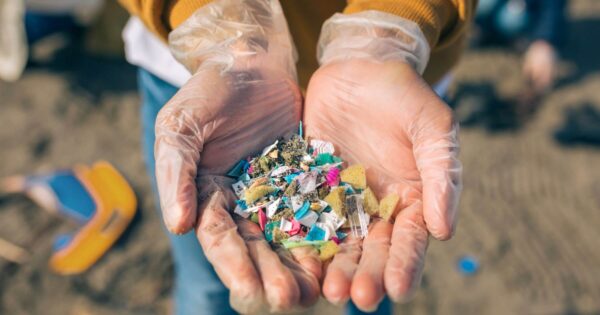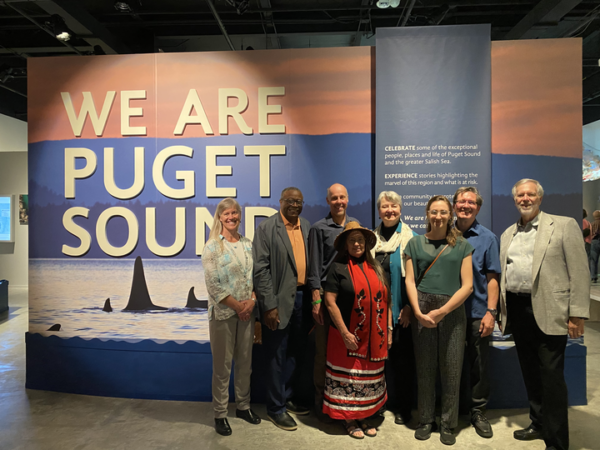Washington cannot take these funding cuts without a fight. This is all the more reason why we need durable and strategic state and local funding sources for Puget Sound protection and recovery.
More and more people are getting involved and standing up for what we believe in – maybe the only upside to these short-sighted decisions. While we are fortunate to live in a region with a cultural connection to our shared waters and all that depend on it, we can no longer be complacent.
We will not save Puget Sound by hoping for it – we need to act. We will continue to roll out actions each week for people like you to get involved. Here’s how you can help:
Five ways you can stand up for Puget Sound
- Urge your state legislators to pass a new capital budget that is essential for environmental health, Puget Sound, and creating jobs. There is roughly $340 million in funding at stake for green projects such as cleaning up toxic sites, clean energy, forest restoration, and green stormwater infrastructure that filters toxic runoff before it reaches our waterways and Puget Sound. Without a capital budget, these projects will be stalled and may feed Trump Administration calls to de-fund green projects. Take action today!
- Urge Governor Inslee to support orca recovery. The single greatest threat to Southern Resident orcas is the depletion of their preferred prey, Chinook salmon. Also a highly endangered species, Chinook are the biggest and fattiest Pacific salmon, comprising 80-85% of an orca’s diet. In the Summer, Southern Residents feed on Canada’s Fraser River Chinook as they migrate through the Salish Sea. In the winter months, Southern Residents travel the outer coasts of Washington, Oregon, and California, searching for salmon. In the early spring, they are usually found at the mouth of the Columbia River to feast on returning adult spring Chinook. At the state level, we can help orcas survive by allowing more Columbia-Snake salmon to migrate safely past dams to the ocean by modifying Washington’s water quality standards to 120% (total dissolved gas) and increasing water releases (“spill”) over federal dams. More spill can help increase salmon populations in the Columbia basin, providing more prey for orcas.
- Save the date: July 18, for the sixth Grassroots 101 workshop on the best tips and tricks for doorbelling and canvassing. WEC, Latino Community Fund of Washington State, and Washington Conservation Voters have put together a series of online trainings that you can watch to learn all the basics about grassroots organizing, and how to amplify your voice. As always, there will be opportunities for live questions and comments! Tuesday, July 18th
6:30 pm in Spanish | 7:15 pm in English. RSVP to the Facebook Event here. - Attorney General Bob Ferguson joined a federal lawsuit demanding that Environmental Protection Agency head Scott Pruitt complete a scientific safety review of the neurotoxic pesticide chlorpyrifos. Pruitt abruptly halted a review already underway earlier this year. In the motion, Ferguson and four other states argue that by stopping the safety review, the EPA is allowing the use of chlorpyrifos to continue without determining that the pesticide is safe. Please thank AG Ferguson for standing up to Trump. Join us in thanking AG Bob Ferguson!
- Voter registration is the primary step to the one of the most basic, and important, tenets of democracy– voting! While many Americans are likely already registered to vote, some people such as people who have recently turned 18 may not register immediately. Also, many people may be unaware that they have to update their voter registration information when they move to a new address. With our current opt -in voting system, it is essential to make sure others are registered and informed of their voting rights! Learn more.


